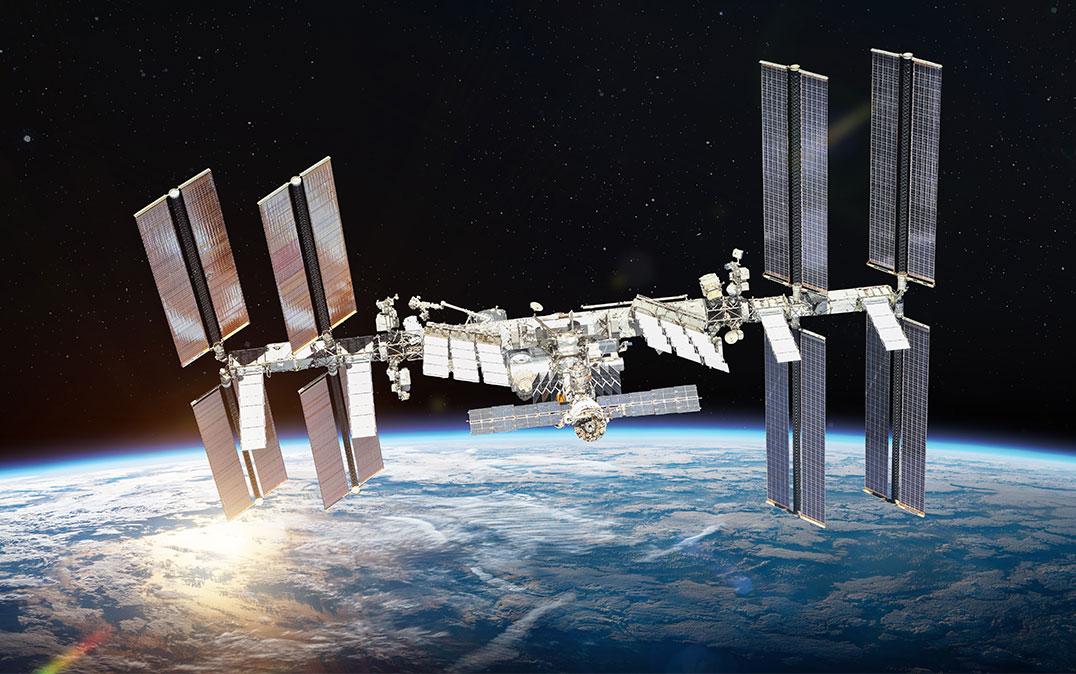
Conventional studies investigating the effects of reduced gravity on muscle mass and function have used a ground control group that is not directly comparable to the space experimental group. Researchers from the University of Tsukuba set out to explore the effects of gravity in mice subjected to the same housing conditions, including those experienced during launch and landing. “In humans, spaceflight causes muscle atrophy and can lead to serious medical problems after return to Earth” says senior author Professor Satoru Takahashi. “This study was designed based on the critical need to understand the molecular mechanisms through which muscle atrophy occurs in conditions of microgravity and artificial gravity.”
Two groups of mice (six per group) were housed onboard the International Space Station for 35 days. One group was subjected to artificial gravity (1 g) and the other to microgravity. All mice were alive upon return to Earth and the team compared the effects of the different onboard environments on skeletal muscles. “To understand what was happening inside the muscles and cells, at the molecular level, we examined the muscle fibers. Our results show that artificial gravity prevents the changes observed in mice subjected to microgravity, including muscle atrophy and changes in gene expression,” explained Prof. Takahashi. Transcriptional analysis of gene expression revealed that artificial gravity prevented altered expression of atrophy related genes and identified novel candidate genes associated with atrophy. Specifically, a gene called Cacng1 was identified as possibly having a functional role in myotube atrophy.
This work supports the use of spaceflight datasets using 1 g artificial gravity for examining the effects of spaceflight in muscles. These studies will likely aid our understanding of the mechanisms of muscle atrophy and may ultimately influence the treatment of related diseases. https://www.tsukuba.ac.jp/en/research-news/20210430140001.html








Recent Comments